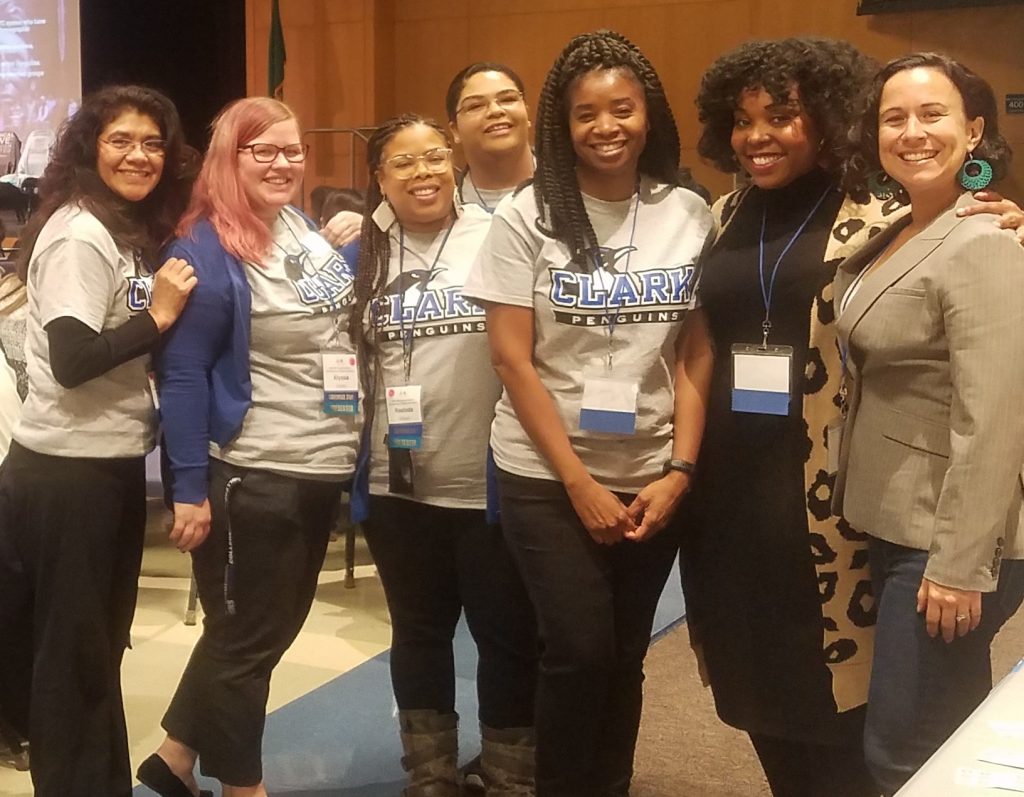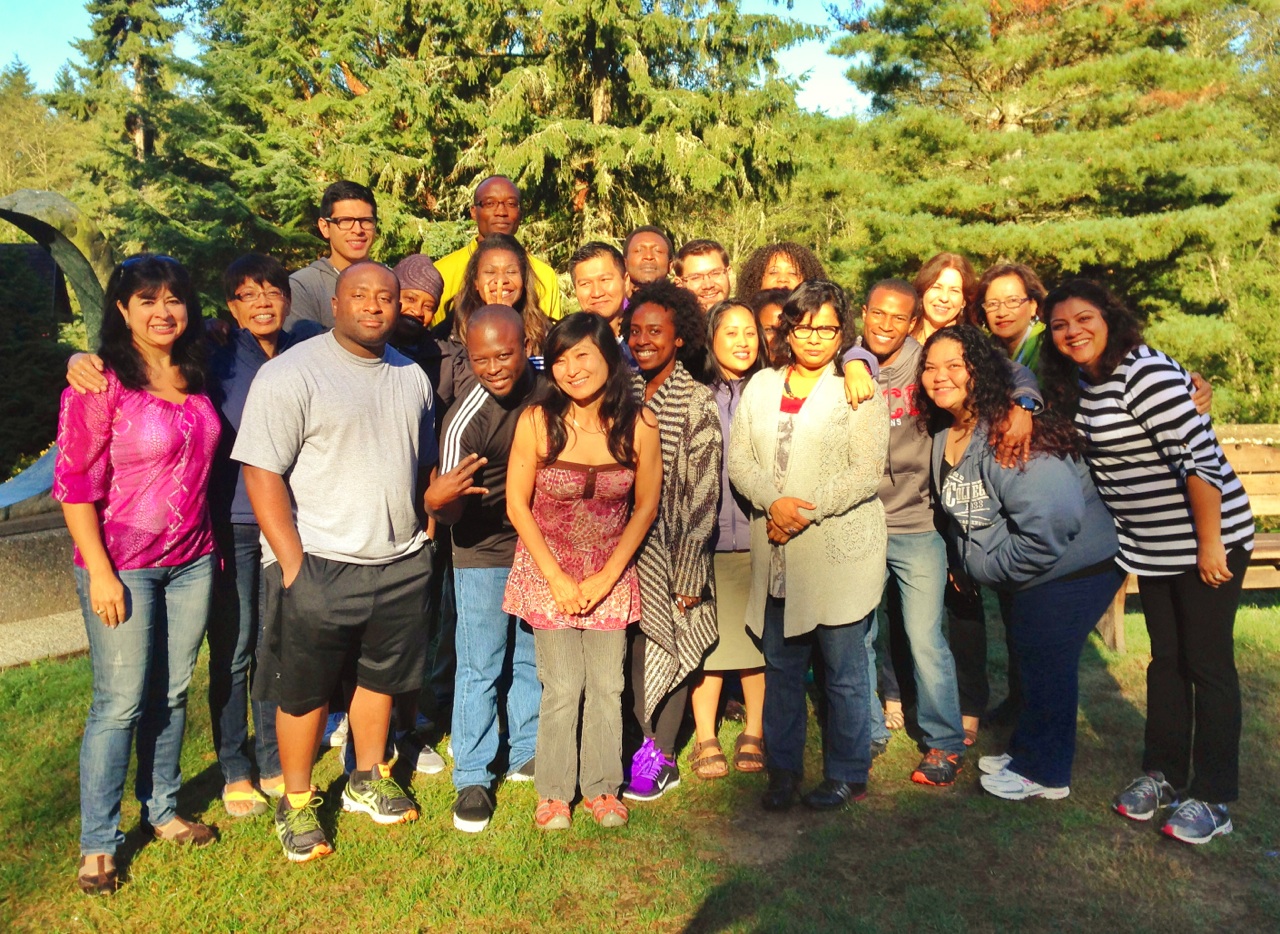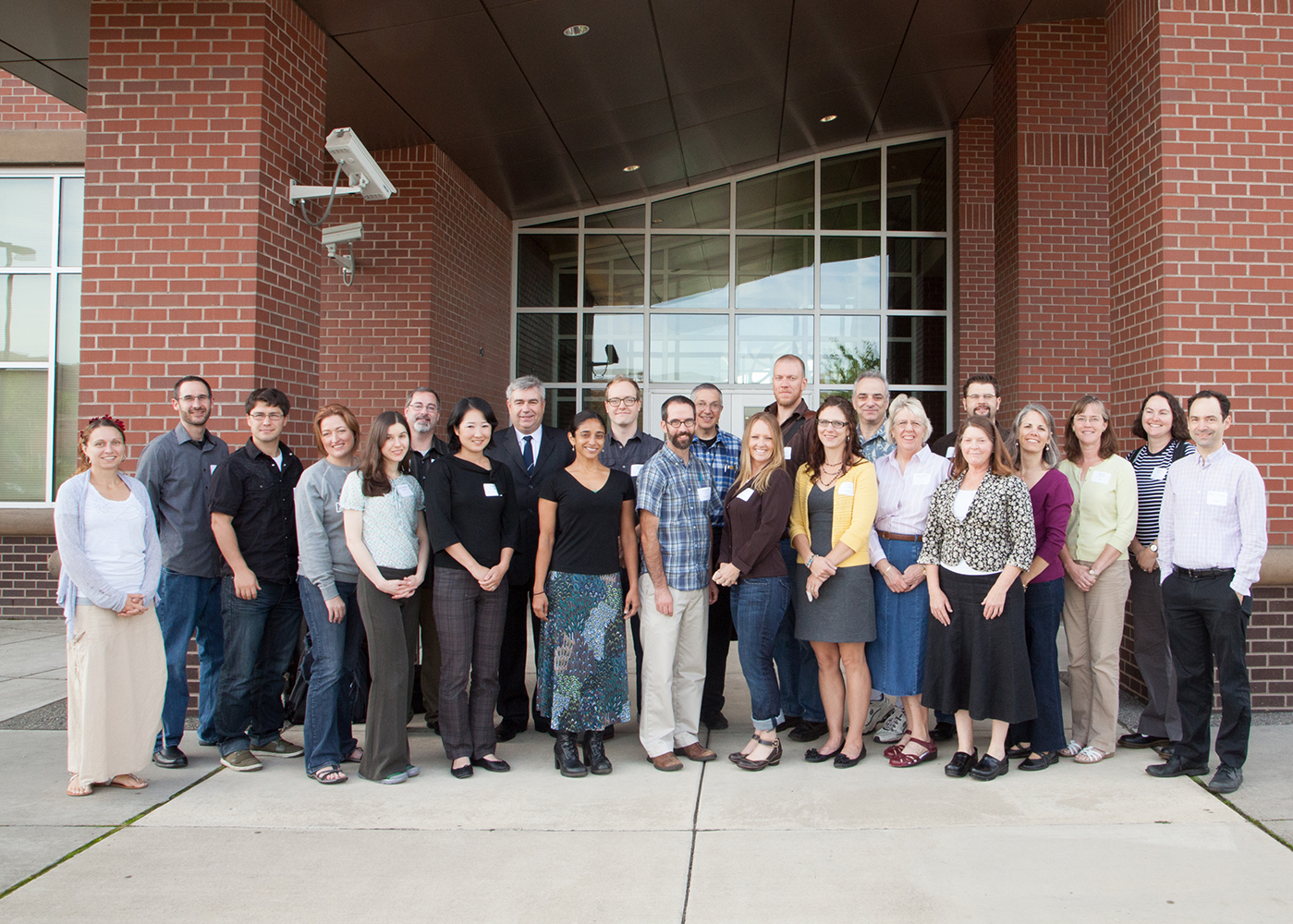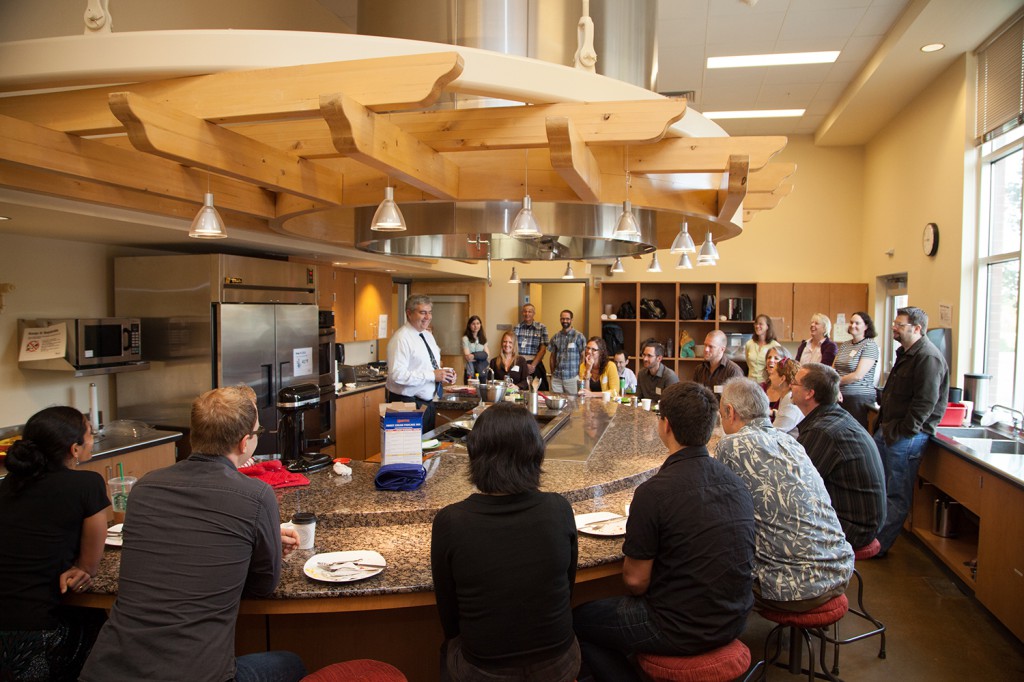Faculty Professional Development
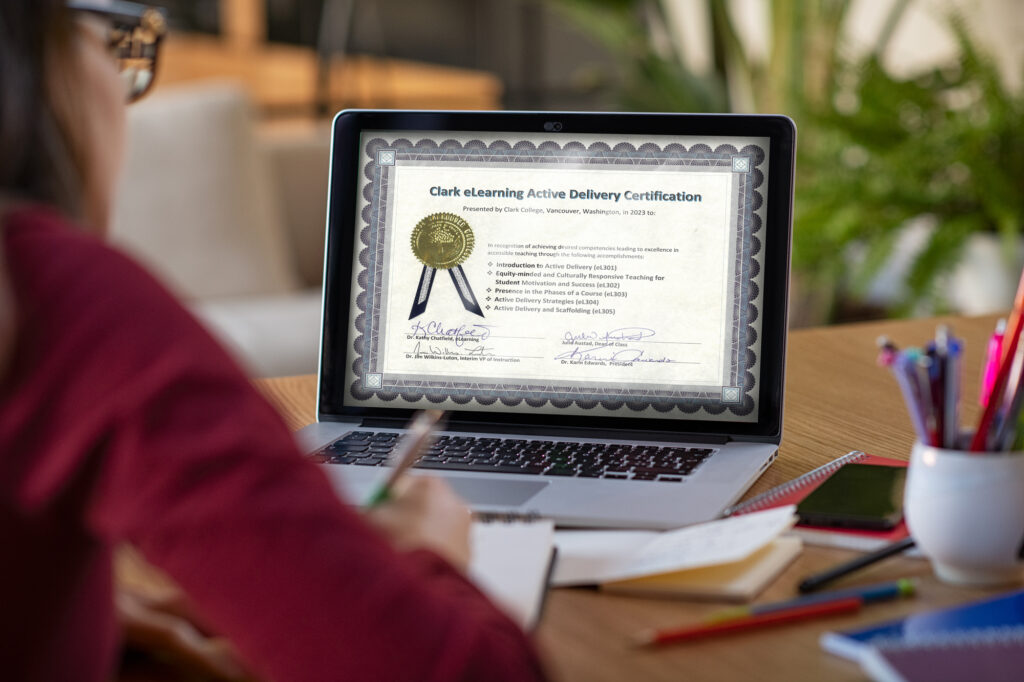
Nine Clark College faculty members have completed a new professional development certification for online teaching. The certification was designed by the college to address U.S. Department of Education requirements for regular and substantive interaction (RSI) in online courses. This certification was created, implemented, and awarded by Clark College, not the U.S. Department of Education.
Congratulations to the following faculty who completed the Clark eLearning Active Delivery Certification as of November 21, 2023:
- Patricia Atkinson, Economics
- Kimbree Brown, Psychology
- Adam Coleman, Computer Technology
- Kate Cook, Mathematics
- Harold (Chris) Kernion, Communication Studies
- Mackenzie Loyet, Biology
- Richa Sharma, Communication Studies
- Charlie Sheese, Communication Studies
- Jennifer Stone Hill, English
In addition to the above faculty, 20 more Clark faculty have completed one or more of the workshops and are on the path to earn the certification during 2024.
Clark’s eLearning Active Delivery Certification launched Fall 2022 in its current iteration. The certification takes about 15 months to complete and consists of five online workshops:
- eL301-Introduction to Active Delivery
- eL302-Equity-minded and Culturally Responsive Teaching for Student Motivation and Success
- eL303-Presence in the Phases of a Course
- eL304-Active Delivery Strategies
- eL305-Active Delivery and Scaffolding
“It’s a badge of pride to earn this certification,” said Kathy Chatfield, eLearning Instruction and Design at Clark College. “What these instructors have achieved is a big deal. This RSI is the Department of Education’s way of regulating what is expected when teaching online courses.”
Chatfield added, “This professional development certification is a critical aspect for Clark College accreditation. We’ve been very successful with our professional development, incrementally adding more advanced andragogy and skills for teaching more effectively with instructional technology.”
The learning objectives for Active Delivery Certification are:
- Assess determinants of presence and related instructor roles
- Plan and develop formative feedback focused on student achievement of learning objectives
- Evaluate and apply universally designed, equity-minded, and culturally responsive active delivery strategies
Originally, Clark began offering the certification during summer 2017, but it was in one lengthy institute that was offered just once per year. When COVID hit and forced all instruction to go online in spring 2020, the college redesigned the certification to divide the content into more manageable pieces and offer it as part of the regular eLearning workshops.
Chatfield said, “We quickly realized it was too much for an individual to accomplish in a condensed format. So, we took the material and created five workshops, each taking two weeks of participation and a third week of submitting deliverables. We also designed the modular workshops so they don’t have to be taken in order.”
Faculty do not pay to take the workshops or to earn the certification. In fact, faculty who complete the certification are provided a $500 stipend from the college. Additionally, those who recently earned the certification received another $500 stipend provided by the Faculty Excellence Committee via Clark College Foundation. Chatfield said the extra $500 provided by the Foundation likely will not be available after June 2024.
Faculty register for professional development via Eventbrite. These 300-level workshops use the asynchronous online modality. All are facilitated by eLearning instructional designers. The workshops have had waiting lists.
Chatfield said, “We’re not offering this professional development certification to follow the rules. We’re doing it because it’s just good teaching and learning. The research has been overwhelming that these are the best practices. Rather than just meeting the rules, Clark has always gone above and beyond to ensure our students are receiving the best teaching and learning experience possible.”
Q & A about Active Delivery Certification
Q: When did Clark College begin providing professional development for faculty who teach in eLearning modalities?
KC: Clark College launched distance learning in 2005. We’ve been providing professional development since 2006. With every continuing year, we provide more advanced certification. We’ve been very successful with our professional development.”
Q: Who are the people designing the components for this certification?
KC: All instructional designers for the certification are adjunct faculty at Clark who currently teach at Clark. All have long-term connections with Clark.
Q: Why create this certification?
KC: The effort is designed to address Department of Education requirements for RSI (Regular and Substantive Interaction) in online courses. The underlying reason for more faculty to earn the certification is that we want Clark College to be the leader in quality online education. Clark College is currently offering about 13 degrees that students can earn fully online. We want Clark College to have a reputation for doing online learning well.
Q: How can Clark College faculty register for Active Delivery Certification and Clark’s other eLearning professional development?
